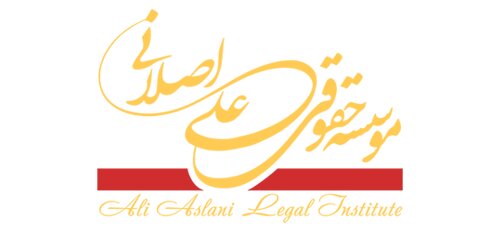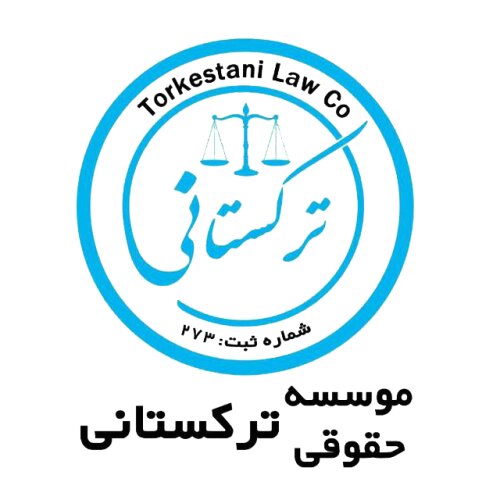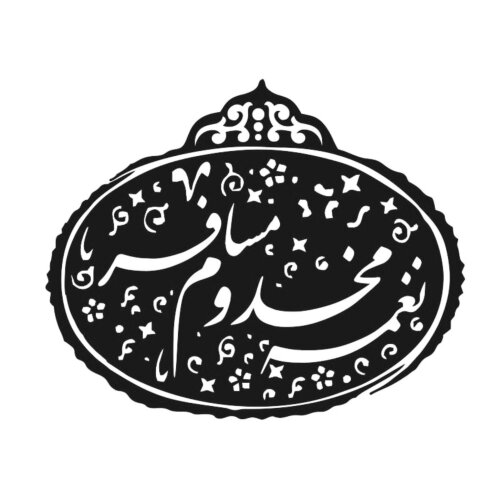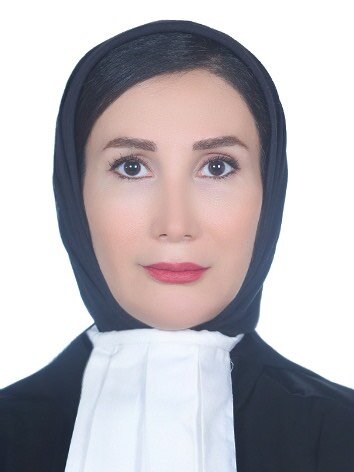Best Divorce & Separation Lawyers in Tehran
Share your needs with us, get contacted by law firms.
Free. Takes 2 min.
Free Guide to Hiring a Family Lawyer
List of the best lawyers in Tehran, Iran
About Divorce & Separation Law in Tehran, Iran
In Tehran, Iran, divorce and separation laws are primarily governed by Islamic principles and the country's civil code. The Family Protection Law, coupled with customary and religious norms, outlines the protocols for divorce proceedings. Generally, there are three types of divorce in Iran: mutual consent (Talaq), judicial divorce initiated by either spouse, and legally enforced divorce due to specific conditions. Understanding these types is crucial for navigating the legal process, as the laws dictate different requirements and proceedings for each case.
Why You May Need a Lawyer
Navigating divorce and separation can be complex, especially given the nuances in Iranian law. Individuals may require a lawyer for several reasons: - Ensuring Proper Documentation: Ensuring that all legal documentation and evidence are correctly prepared and submitted can drastically affect the outcome. - Representation in Court: An attorney can advocate on your behalf, providing expertise and representation in legal proceedings. - Custody and Financial Matters: Lawyers can assist in negotiating terms concerning child custody, alimony, and asset division, ensuring fair and just outcomes. - Language and Cultural Barriers: Non-native individuals or those unfamiliar with local customs may need legal assistance to interpret and navigate the process.
Local Laws Overview
Tehran's divorce and separation laws constitute several key aspects that individuals should be aware of: - Marital Contracts: These pre-arranged agreements can significantly influence the division of assets and custody decisions. - Child Custody: Traditionally, custody may default to the mother up to a certain age, but a court's best-interest standard applies in certain situations. - Alimony and Financial Support: Decided based on various factors, including the financial state and societal status of the spouses. - Divorce Process: While men can typically seek divorce unilaterally, women often require specific conditions or husband consent. - Dispute Resolution: Priority is given to mediation and peaceful settlements through family courts designed to handle these situations.
Frequently Asked Questions
What types of divorce are recognized in Tehran?
The law recognizes divorce by mutual consent, judicial divorce, and enforced divorce due to certain grounds such as non-support or harm.
How is child custody decided in Tehran?
Custody is often awarded based on the child's age and the best interest of the child, with maternal preference in younger years and the father's guardianship typically considered in older years.
Is alimony automatically granted in every divorce case?
No, alimony is determined based on the financial circumstances and the needs of the spouses involved, along with any pre-existing marital contracts.
Can foreign nationals file for divorce in Tehran?
Yes, foreign nationals can file for divorce, but they must comply with Iranian law and procedural steps, which may involve legal complexities.
What role does family court play in divorce proceedings?
Family courts facilitate divorce proceedings, child custody disputes, and financial matters, often emphasizing reconciliation and mediation first.
How can property be divided in a divorce?
Division is generally based on marital contracts and mutual agreement. Courts intervene when disputes arise, ensuring equitable division.
How long does the divorce process typically take?
The duration varies with the case's complexity, consent from both parties, and court availability, often ranging from several months to longer.
What happens if one party refuses to consent to the divorce?
For women, legal grounds must be established for divorce in the absence of mutual consent, while men typically require no such consent.
Are there any legal grounds for enforcing divorce?
Yes, grounds include non-support, imprisonment, drug addiction, and infidelity, among others, allowing the court to mandate divorce.
Can existing divorce agreements be modified over time?
Modifications can occur, especially concerning alimony or custody agreements, when circumstances significantly change for either party.
Additional Resources
For further assistance, individuals can reach out to the following resources: - Family Courts: Specializes in handling family and divorce-related cases. - Ministry of Justice: Offers legal advice and informational material on family laws. - Women's NGOs: Provide support and information for women navigating divorce. - Legal Clinics: Offer low-cost or free legal services for those in need.
Next Steps
If you require legal assistance for divorce or separation in Tehran, consider the following steps: 1. Consult with a qualified family law attorney to evaluate your case and discuss your options. 2. Gather all relevant documents, including marriage certificates, financial records, and evidence for claims. 3. Attend a mediation session if applicable, as early dispute settlement can save time and resources. 4. File the necessary petitions with the family court and prepare for proceedings. 5. Stay informed about court dates and legal requirements, ensuring you and your attorney are aligned in strategy.
Lawzana helps you find the best lawyers and law firms in Tehran through a curated and pre-screened list of qualified legal professionals. Our platform offers rankings and detailed profiles of attorneys and law firms, allowing you to compare based on practice areas, including Divorce & Separation, experience, and client feedback.
Each profile includes a description of the firm's areas of practice, client reviews, team members and partners, year of establishment, spoken languages, office locations, contact information, social media presence, and any published articles or resources. Most firms on our platform speak English and are experienced in both local and international legal matters.
Get a quote from top-rated law firms in Tehran, Iran — quickly, securely, and without unnecessary hassle.
Disclaimer:
The information provided on this page is for general informational purposes only and does not constitute legal advice. While we strive to ensure the accuracy and relevance of the content, legal information may change over time, and interpretations of the law can vary. You should always consult with a qualified legal professional for advice specific to your situation.
We disclaim all liability for actions taken or not taken based on the content of this page. If you believe any information is incorrect or outdated, please contact us, and we will review and update it where appropriate.

















